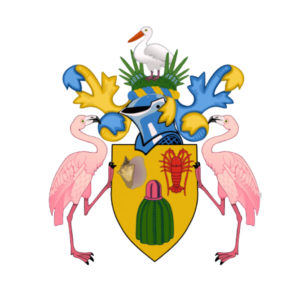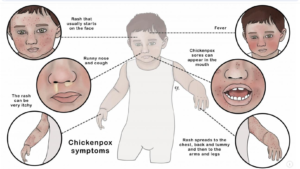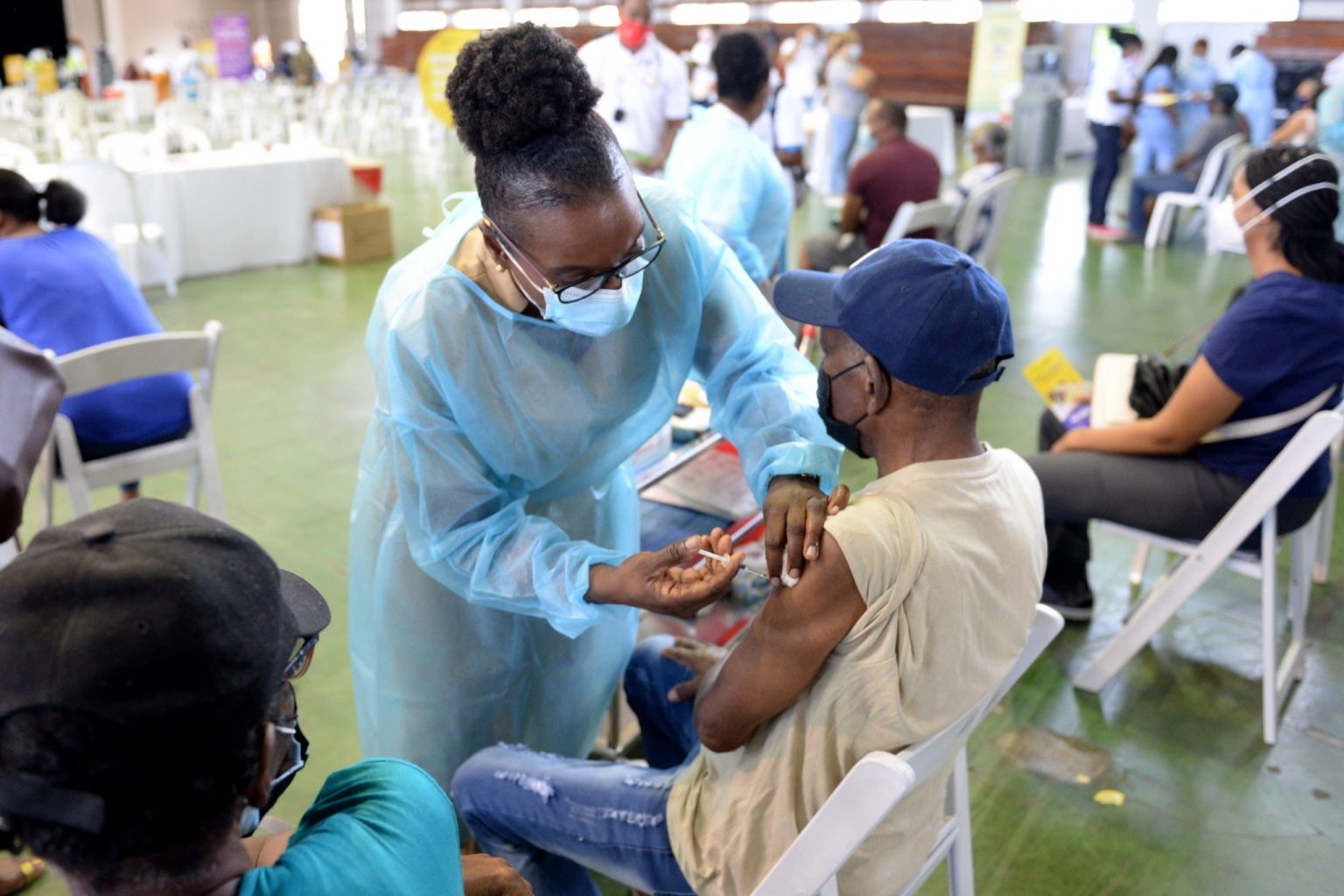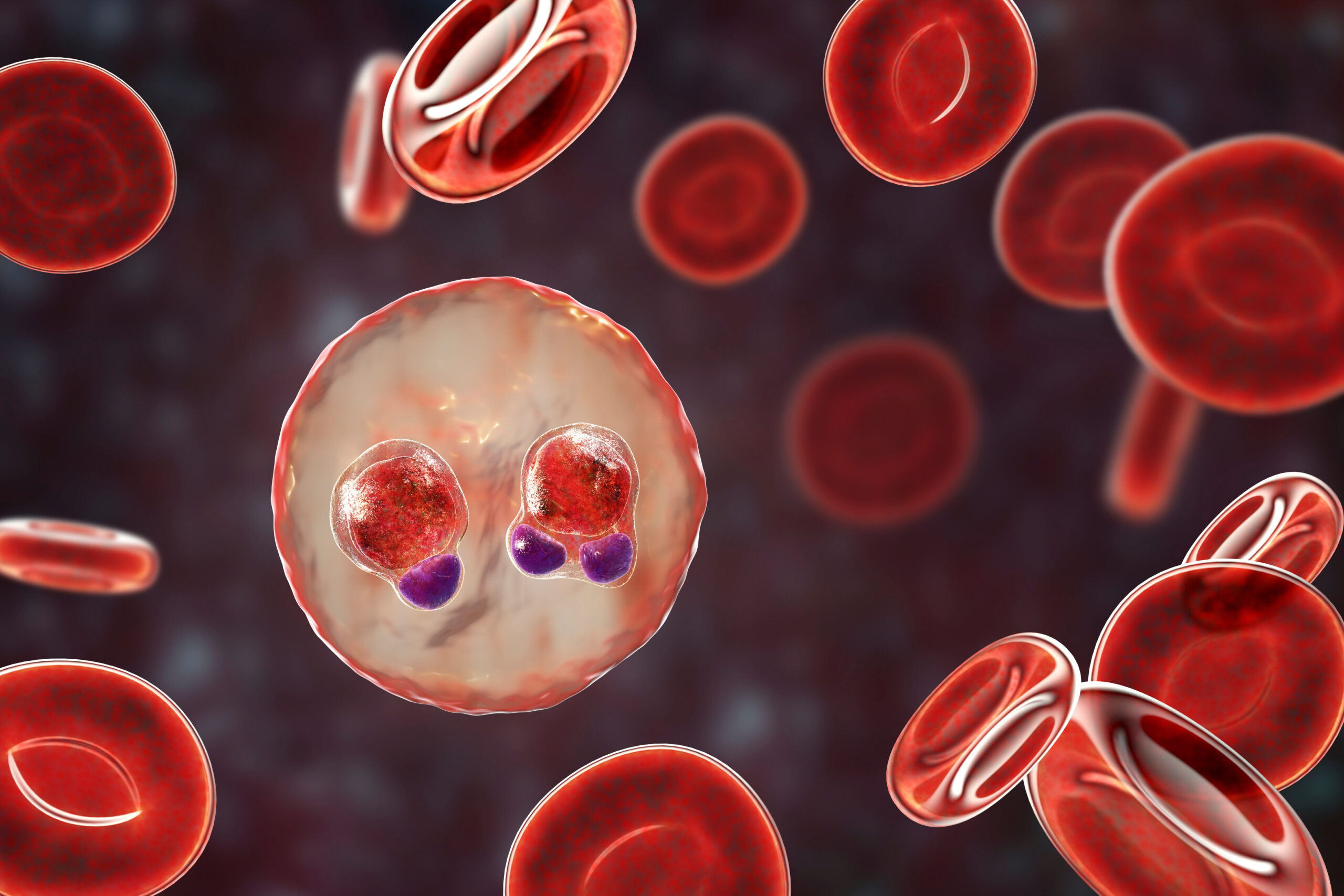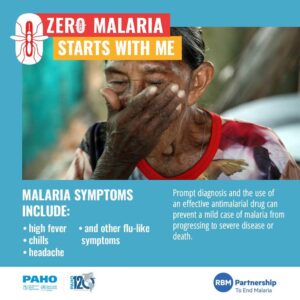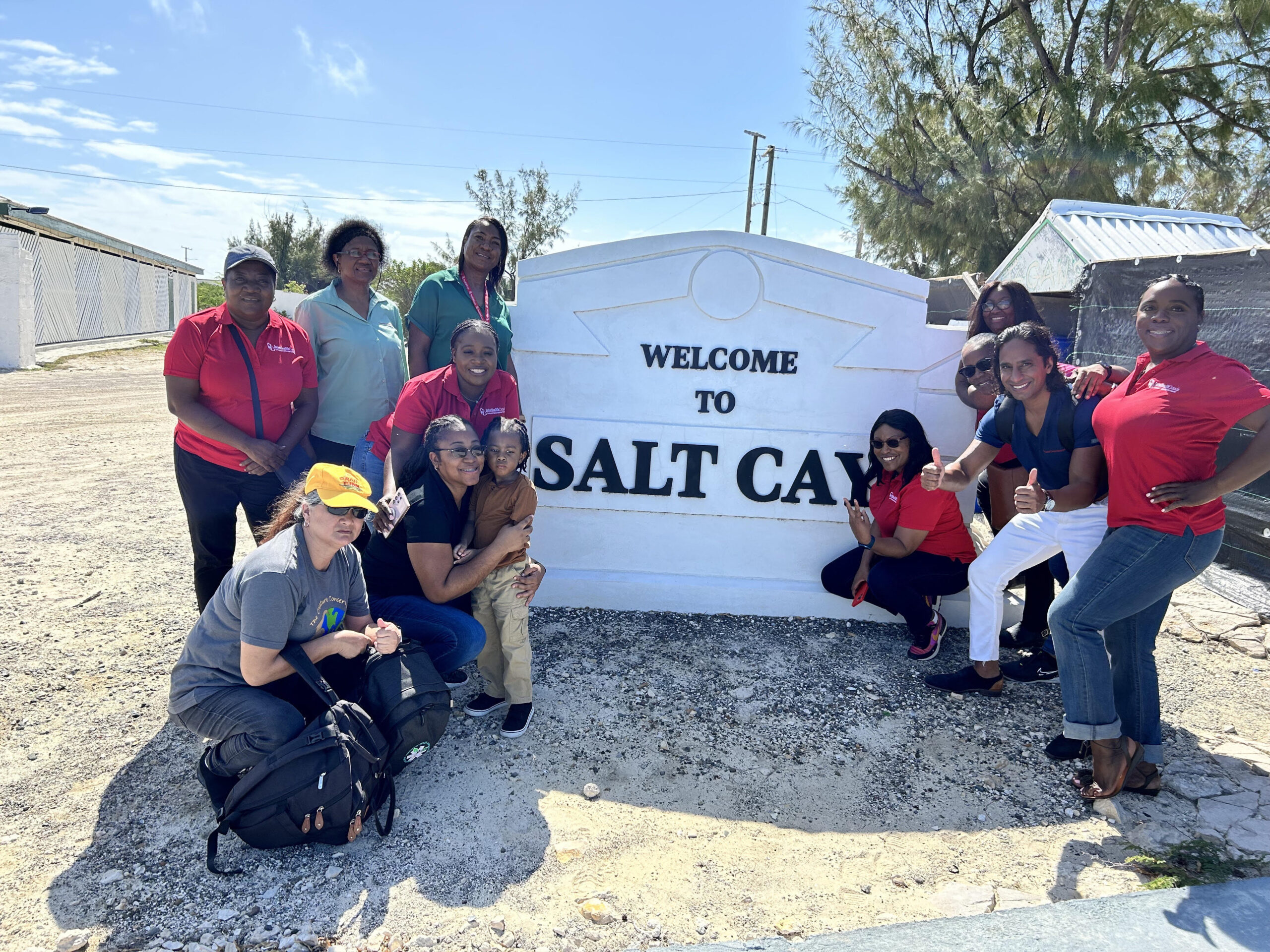(Providenciales, Turks and Caicos Islands – Friday, April 19th, 2024): – InterHealth Canada Turks and Caicos Islands Hospital, in partnership with the Ministry of Health and Human Services, is delighted to announce the successful completion of the Community Kidney Screening Events held in Grand Turk and Salt Cay. These events marked a significant milestone in promoting kidney health awareness and early detection.
On April 12, 2024, on Grand Turk (Dillon Hall) and April 13, 2024, on Salt Cay (Ministry of Health Clinic), participants had the opportunity to receive immediate screening results and personalized guidance from dedicated healthcare professionals. The collaborative effort between InterHealth Canada-Turks and Caicos Islands Hospital and the Ministry of Health and Human Services empowered individuals to prioritize their kidney health and take proactive steps towards well-being.
Reflecting on the event’s success, Dr Denise Braithwaite-Tennant, CEO of InterHealth Canada Turks and Caicos Islands Hospital, shared, “We are happy to see the positive impact of the Community Kidney Screening Events in Grand Turk and Salt Cay. By providing accessible screenings and expert guidance by our clinical teams, including our nephrologist and internist, we equip individuals with the knowledge to make informed decisions about their kidney health.”
 Similarly, Dr Camelia Clarke, Director of the Health Promotion and Advocacy Unit of the Ministry of Health and Human Services, expressed her satisfaction with the outcomes, stating, “These events have showcased the importance of early detection and preventive care in maintaining optimal kidney health.”
Similarly, Dr Camelia Clarke, Director of the Health Promotion and Advocacy Unit of the Ministry of Health and Human Services, expressed her satisfaction with the outcomes, stating, “These events have showcased the importance of early detection and preventive care in maintaining optimal kidney health.”
The support of sponsors, including the TCI Boating Club, Air and Sea Agency, The Olympic Group Limited, Flow and Digicel, played a crucial role in the success of the Community Kidney Screening Events.
InterHealth-Canada Turks and Caicos Islands Hospital and the Ministry of Health and Human Services are excited to announce that a series of Kidney Community Screenings with dates for Providenciales, North and Middle Caicos, and South Caicos will be revealed soon, further extending the impact of this important initiative.
The Community Kidney Screening Events in Grand Turk and Salt Cay have set a solid foundation for ongoing efforts to prioritize kidney health and well-being within the community. Together, we are taking proactive steps towards building a healthier future for all.

 TCI News3 days ago
TCI News3 days ago
 Crime7 days ago
Crime7 days ago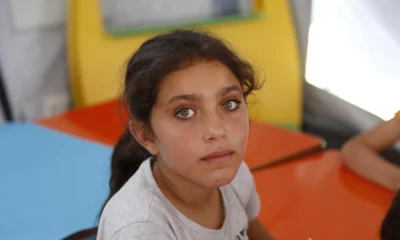
 TCI News1 week ago
TCI News1 week ago
 Bahamas News6 days ago
Bahamas News6 days ago
 Caribbean News6 days ago
Caribbean News6 days ago
 Bahamas News7 days ago
Bahamas News7 days ago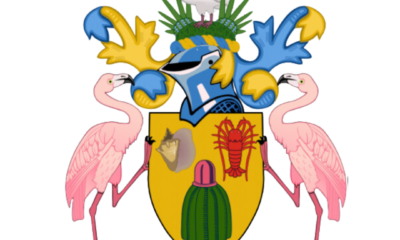
 Bahamas News5 days ago
Bahamas News5 days ago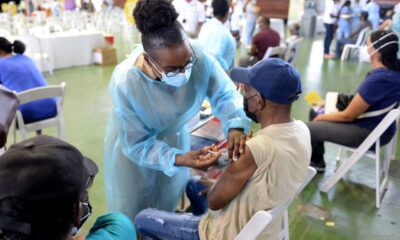
 Health17 hours ago
Health17 hours ago

